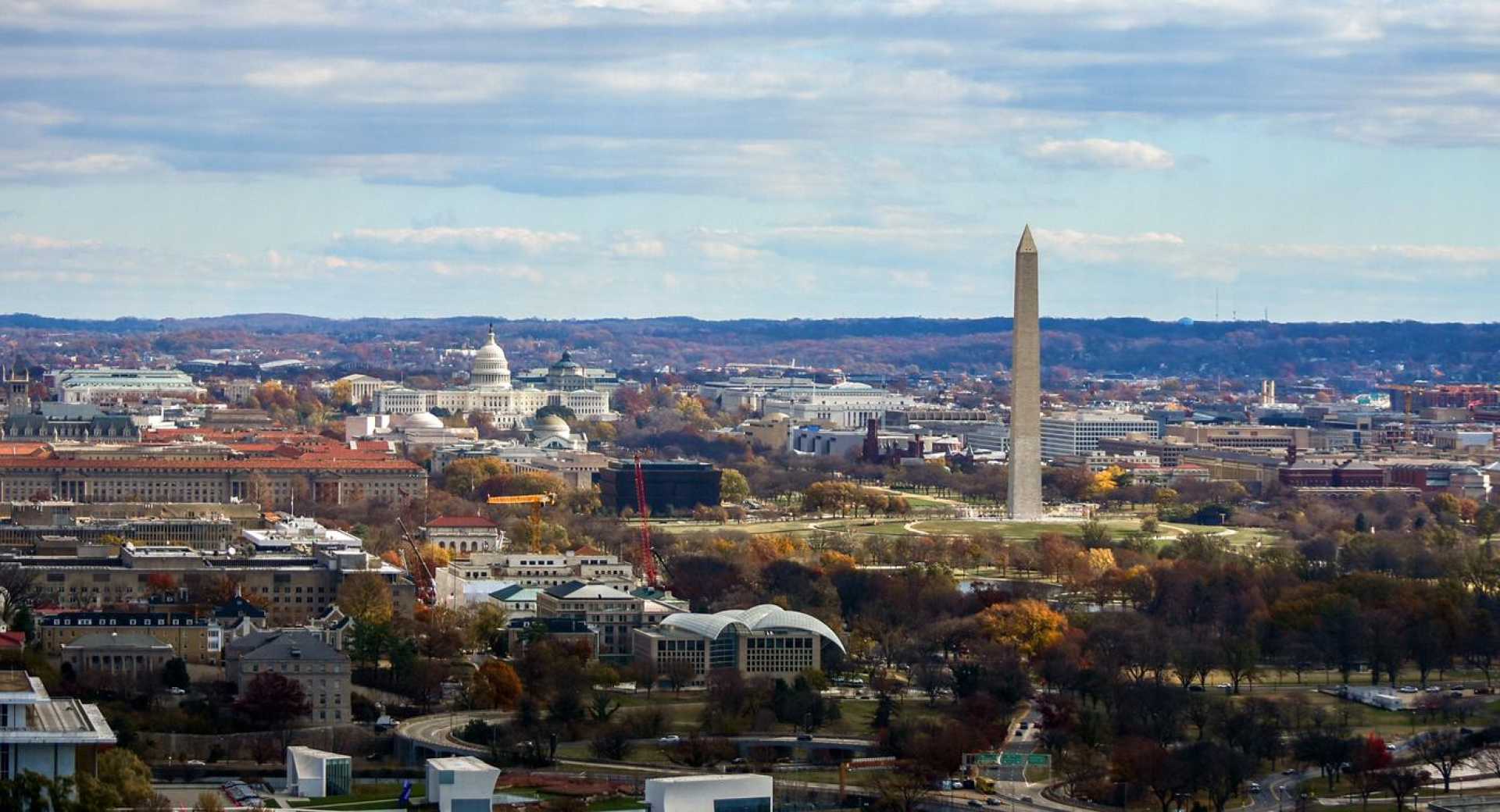Health
Controversial Researcher David Geier Tapped for Vaccine Study Amid Outcry

WASHINGTON, D.C. — Health experts are expressing outrage after reports surfaced that the Department of Health and Human Services (HHS) plans to appoint David Geier, a discredited figure in the anti-vaccine movement, to conduct a study examining the alleged link between vaccinations and autism. The unexpected announcement has sparked alarm among vaccine advocates due to Geier’s controversial history and lack of formal medical qualifications.
Geier, who does not hold a medical degree and has been disciplined for practicing medicine without a license, has long promoted unfounded claims that vaccines, particularly those containing the preservative thimerosal, are responsible for rising autism rates. Despite extensive scientific evidence disproving this link, advocates of the anti-vaccine movement, including HHS Secretary Robert F. Kennedy Jr., continue to endorse this debunked theory.
“It’s shocking to consider that someone like Geier would be tasked with this critical study,” said Dorit Reiss, a law professor at UC Law San Francisco. “It’s akin to hiring Andrew Wakefield, who famously lost his medical license after publishing false research that falsely connected vaccines to autism.”
The controversy surrounding Geier’s selection stems not only from his lack of credentials but also from his previous research practices. In the early 2000s, he and his father, Mark Geier, allegedly manipulated vaccine safety data from the Centers for Disease Control and Prevention (CDC) while conducting their studies. They were granted access under the guise of examining adverse events linked to the diphtheria, tetanus, and pertussis (DTaP) vaccine but instead aimed to skew statistics in favor of their claims.
Geier’s selection was first made public on March 25, with a source close to the matter confirming the appointment to STAT, a health news service. HHS has not officially commented on the developments, and multiple attempts to reach Geier for his perspective yielded no response.
Dr. Richard Besser, a former acting CDC director, criticized the decision to involve Geier. “Families affected by autism deserve credible research, not rehashing questions that have been definitively answered,” he stated. “This is a deeply irresponsible choice that undermines public health.”
Evidence from extensive research has consistently shown no causal relationship between vaccinations and autism, a fact reiterated by many medical professionals. Paul Offit, a pediatrician at the Children’s Hospital of Philadelphia, remarked, “This effort is a frontal attack on public health. The intention seems to be to affirm a predetermined conclusion rather than seek the truth, which is shameful.”
The concerns only intensify considering the ongoing measles outbreak in Texas and surrounding states, where the majority of cases have emerged among unvaccinated children. As health officials intensify efforts to address this growing health crisis, the last thing they need is to redirect resources towards discredited and misleading research.
Experts suggest that should Geier proceed with this study, it may contribute little to the ongoing discourse on vaccine safety and efficacy. “Geier has a long history of pushing discredited theories,” noted investigative journalist Brian Deer, author of “The Doctor Who Fooled The World.” He resonated with the sentiment of many in the scientific community that Geier’s input would likely detract from legitimate public health discussions.
As the dust settles on Geier’s controversial appointment, stakeholders across the healthcare sector will be closely monitoring the HHS’s next steps. With mounting pressure from vaccine advocates and health experts advocating for transparent and qualified research, the next chapter in this unfolding saga could have significant implications for public health policy in the United States.












